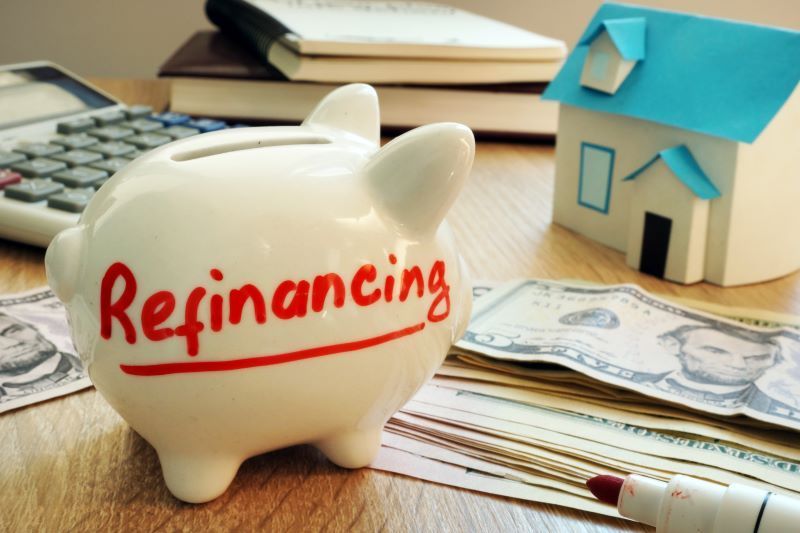Common Mortgage Refinancing FAQs
Refinancing a mortgage has many benefits, such as lowering your mortgage payments and saving money. But, it’s not the right choice for everyone. It’s important that you understand how the process works before deciding.
Below are answers to the most common questions about refinancing a mortgage.

What is a mortgage refinance?
Mortgage refinancing isn’t just a modification for existing loans. It actually creates an entirely new mortgage loan, which replaces the old loan. You will receive a better interest rate and a new monthly payment and refinancing can create a fresh 30-year term. There’s also the option for 15 or 20 years.
Should I refinance my existing loan?
The main reason homeowners refinance home mortgages is for a lower interest rate, lower monthly payment or the chance to shorten the term of their mortgage.
Some people choose to refinance because they could save thousands with a new interest rate altogether. Others do so to shorten the term of the loan, which has the potential of drastically lowering the overall cost of the loan.
Refinancing may be a great option to consider if it means you will be saving money on your existing mortgage.
How much does it cost to refinance?
Unfortunately, refinancing isn’t without costs. You will have to pay closing costs, which can range from two percent to five percent of the mortgage balance.
If you can’t afford it, some lenders will waive the closing cost fees in exchange for charging a higher interest rate. However, it will increase the total amount you owe on the property.
Do I need good credit to refinance?
Since refinancing creates a new mortgage loan, there’s an approval process. You have to complete a new mortgage application, and the lender will check your credit and income. If you have a bad credit score it can put you at a disadvantage. Your credit score is an important factor that lenders consider when determining your eligibility for refinancing.
If you can’t meet the requirements, you may be able to refinance with an FHA home loan. Most banks only require a credit score of 620 for an FHA home loan.
How much equity do I need to refinance?
The amount of equity you need to refinance depends on the type of loan and the lender. For conventional mortgage loans, many lenders require at least 20 percent equity.
However, if your equity is less than 20 percent, and if you have a good credit rating, you may be able to refinance anyway. If you refinance to an FHA home loan, you only need three percent equity.
Mortgage refinancing can be a great solution if you are having a hard time making your current monthly payments because you can take advantage of a lower interest rate. But, it isn’t cheap and you will have to re-qualify for a home loan.
The post Common Mortgage Refinancing FAQs appeared first on Owings Mills & Lutherville Mortgage.










Are You Ready to Get the Ball Rolling on Your Mortgage?
Get in Touch With a Mortgage Expert
NMLS# 150953
© 2024 All Rights Reserved | Luminate Home Loans, Inc.

